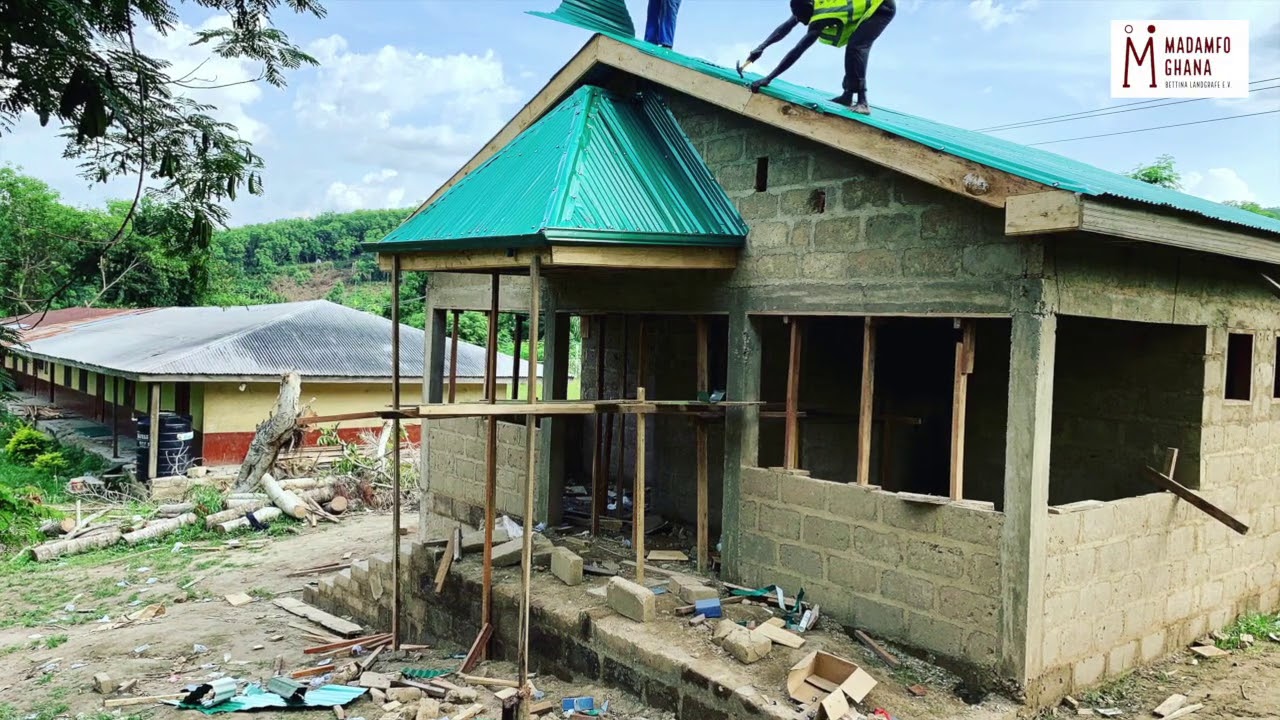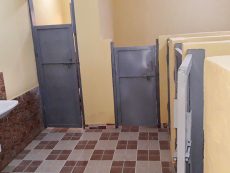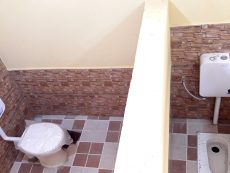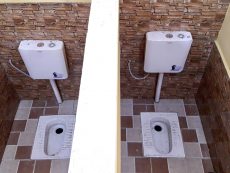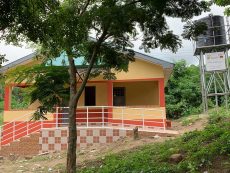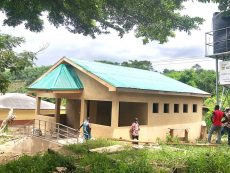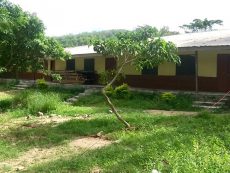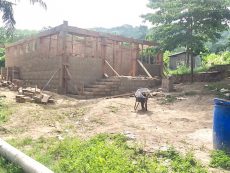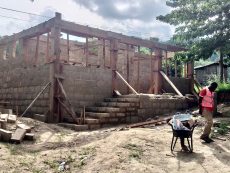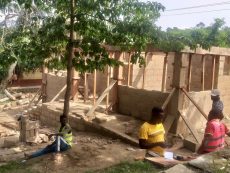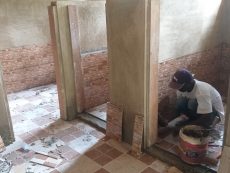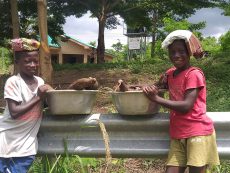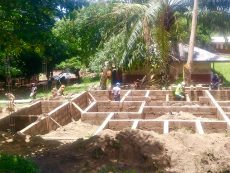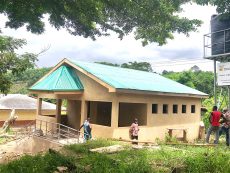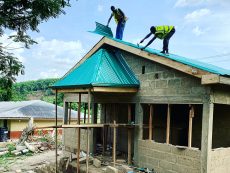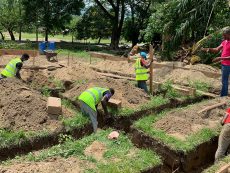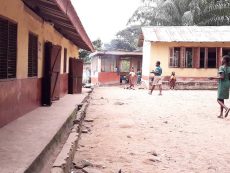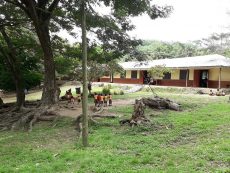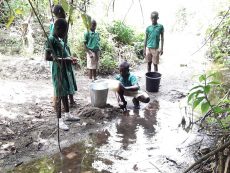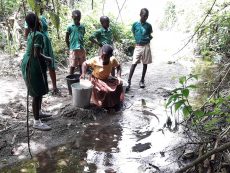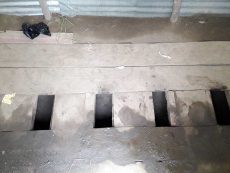
Abono School WaSh project for a better hygiene
Background of the School WaSH project
In schools, WaSH projects are an important element for positive changes, in the behaviour of children, with regard to hygiene. WaSH means: water, sanitation and hygiene. Access to clean drinking water and adequate sanitation is of fundamental importance for the children in Abono. Only in this way diseases can be prevented, important hygiene measures learned and regular school attendance – for both boys and girls – be made possible.
Another positive side-effect of the School WaSH project is, that once the students have learned the new hygiene standards, they help raise awareness among their parents/family/environment and become important agents of change in their communities.
It should be kept in mind at all times: Children are not only the generation of the future, but also future parents – and what they learn at school, they will pass on to their own children.
So WaSH projects in schools help not only the students, but also the entire community and future generations.
The WaSH project in Abono
Abono is a community of over 1,200 people in Bosomtwe District in the Ashanti Region, about 7 kilometres from Kuntanase, the district capital. The people there mainly grow manioc, plantains, corn and vegetables. A limited livestock farming of chickens or goats is also part of the agricultural activities for own consumption.
The school in Abono has a total of 252 students. However, they lack sufficient clean drinking water and sanitary facilities.
The pupils use a pit latrine covered with metal sheets as a toilet. The heat and the smell in this pit latrine are unbearable. Some students therefore even take off their shirts, when they go to the toilet.
For the female students the situation is even worse, as they have no privacy in the latrine. For example, the girls do not come to school at all during their menstruation, because they do not have sufficient hygiene facilities.
Due to the lack of hygiene, parasite infections and diarrhoeal diseases also spread – which is not only dangerous for the children’s health, but also leads to high absenteeism from school.
Project goals:
- Improvement of health and educational standards, through the construction of suitable sanitary facilities.
- Clean drinking water, through the construction of a mechanical water supply, with storage tanks.
Benefits of the project:
- Access to clean water, adequate sanitation and hand washing facilities
- Promotion and training in the field of hygiene
- To enable girls to attend school even during their menstruation
- Reduction of diseases caused by contaminated water
- Meeting the drinking water needs of the school
Bottom line:
The project aims to improve the hygiene and health conditions of the beneficiaries (pupils, teachers and community members). Clean water, toilets and school places contribute to good health.
The cornerstones of the project are the establishment of an appropriate infrastructure and raising awareness of hygiene issues.
The local community is involved at all project levels. This strengthens the residents own responsibility and makes the project sustainable. In addition, the information and training measures also have a certain multiplier effect – in other words, the pupils, teachers and all those involved in the project, spread the new knowledge in the community. And this is the only way to achieve a profound and lasting improvement in the hygiene situation, in the entire community.
Status: being realized through the support of the children’s relief organization Free Spirit Compassion
Costs: approx. 16.000 €



